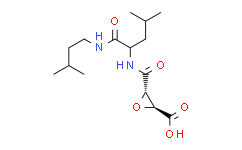


| 商品编号 | 规格 | 价格 | 会员价 | 是否有货 | 数量 |
|---|---|---|---|---|---|
| PC15709-1mg | 1mg | ¥573.00 | 请登录 |
|
|
| PC15709-5mg | 5mg | ¥2548.00 | 请登录 |
|
|
| PC15709-25mg | 25mg | ¥9172.00 | 请登录 |
|
|
| PC15709-100mg | 100mg | ¥22932.00 | 请登录 |
|
|
| PC15709-10mM (in 1mL DMSO) | 10mM (in 1mL DMSO) | ¥2548.00 | 请登录 |
|
 扫码关注公众号
扫码关注公众号